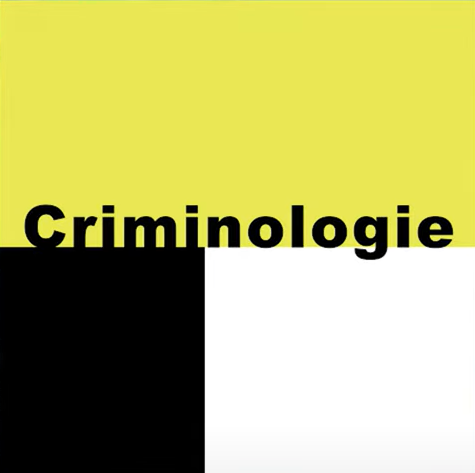The experiences of justice-involved women experiencing homelessness (JIWEH) and the meanings they attach to these experiences are integral to their present and future identities. However, the way an individual perceives and interprets their experiences is inherently linked to culture, suggesting that certain experiences may also influence the construction of one’s identity. Several studies document individual characteristics resulting from life experiences that can be stigmatized and affect the underlying sense-making process essential to the ongoing formation of identities. For instance, homelessness generates social stigma that can influence how individuals define themselves. In this qualitative study, life stories of five JIWEH involved in the dual processes of exiting homelessness and desisting from crime were analyzed to identify how they describe the influence of traumatic experiences on the construction of their affiliative identities. The analysis reveals that as these women confront their traumatic experiences, they progress through five identity positions. These findings highlight the relevance of identity and narrative approaches for understanding the social affiliation processes of justice-involved women experiencing homelessness.
This fifty-sixth episode features interviews with Mathilde Moffet-Bourassa and Julie Marcotte.
For more details:

Attention - Votre version d'Internet Explorer est vieille de 21 ans et peut ne pas vous offrir une expérience optimale sur le site du CICC. Veuillez mettre à jour votre ordinateur pour une expérience optimale. Nous vous recommandons Firefox ou Chrome, ou encore ChromeFrame si vous êtes dans un environnement corporatif ou académique dans lequel vous ne pouvez pas mettre à jour Internet Explorer.